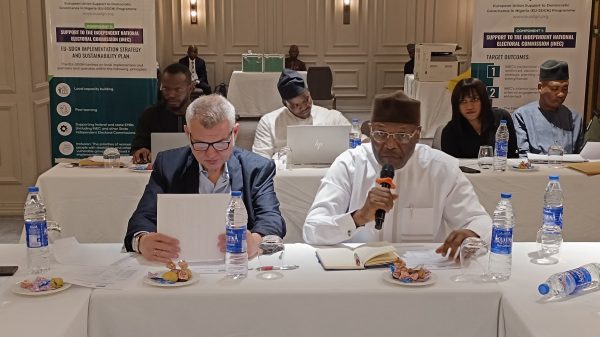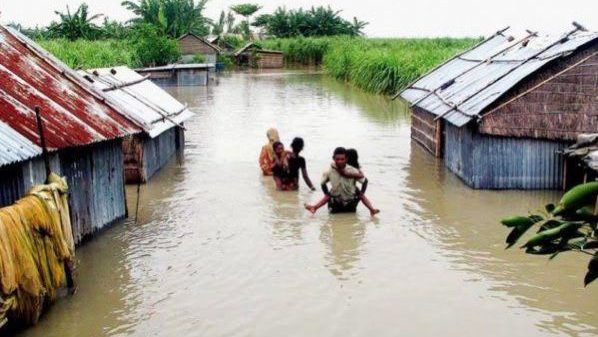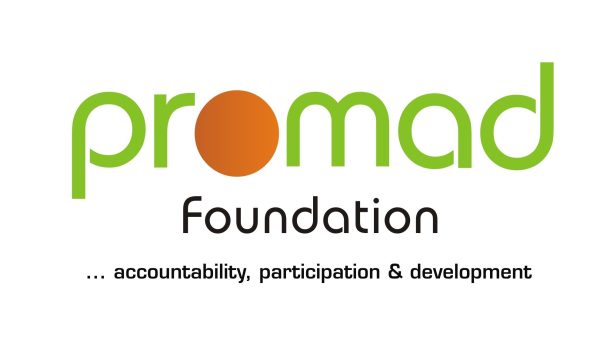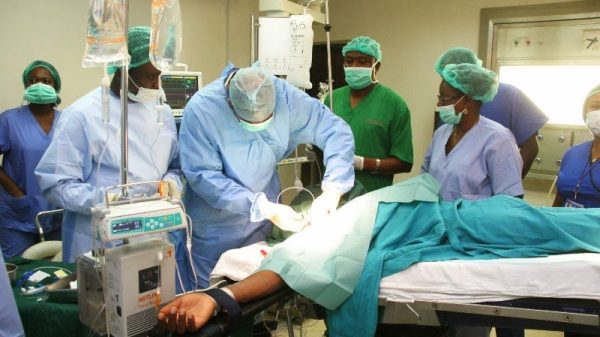By TechnocratMedia
The World Health Organisation (WHO) has renamed “Monkeypox” to “Mpox” following reports of racist and stigmatising language surrounding the former name of the disease.
According to WHO, the decision follows a series of consultations with global experts.
“Monkeypox” and “Mpox” will be used simultaneously for the next year after which the old name is phased out.
“This serves to mitigate the concerns raised by experts about the confusion caused by a name change in the midst of a global outbreak,” WHO said in a statement.
In June, WHO announced the plan to rename the disease.
According to WHO, the Mpox virus is an orthopoxvirus that causes a disease with symptoms similar, but less severe, to smallpox. Monkeypox is a zoonosis: a disease that is transmitted from animals to humans. Cases are often found close to tropical rainforests where there are animals that carry the virus.
Evidence of monkeypox virus infection has been found in animals including squirrels, Gambian poached rats, dormice, different species of monkeys, and others. Human-to-human transmission is limited.
There have been more than 80,000 cases, and 55 deaths, with 110 countries affected.
When the current outbreak expanded, WHO both observed and received reports of racist and stigmatising language online, in other settings and in some communities.
“In several meetings, public and private, a number of individuals and countries raised concerns and asked WHO to propose a way forward to change the name,” the agency said.
The monkeypox name was given in 1970, some 12 years after the virus that causes the disease was discovered in captive monkeys.
This was before WHO first published best practices on naming diseases in 2015.
These guidelines recommend that new disease names should aim to minimise unnecessary negative impacts on trade, travel, tourism or animal welfare.
They should also avoid offending any cultural, social, national, regional, professional or ethnic groups.
WHO assigns names to new and, very exceptionally, existing diseases, through a consultative process.
Medical and scientific experts, representatives from government authorities from 45 countries, as well as the general public, were invited to submit their suggestions.
Based on the consultations, and further discussions with WHO Director-General Tedros Ghebreyesus, the agency has recommended the adoption of the mpox synonym.
Considerations included rationale, scientific appropriateness, the extent of current usage, pronounceability, usability in different languages, absence of geographical or zoological references, and the ease of retrieval of historical scientific information.
The world health agency said it will adopt “Mpox” in its communications and encourages others to follow suit.
NAN reports that the disease was called monkeypox because it was first discovered in monkeys in 1958.
However, monkeys had nothing to do with the outbreaks this year. Rather, humans became infected through close physical contact with other humans.
Nevertheless, monkeys were attacked this year in Brazil, for example, because humans held them responsible for the outbreaks.
According to WHO guidelines, disease names should avoid references to specific countries, regions or animals as the name should be easy to pronounce.
Excellent journalism is expensive. It is only the same that can help to build our society and country to entrench good governance, and development and ensure justice for all.
We need your support for investigative findings and special reports to demand accountable and transparent government. DONATE today to help us stay relevant to serve your quest for accurate and authentic stories.
DONATE TO 0450702364, naira OR 0657626454, USD – GTBANK
TECHNOCRAT INNOVATIONS PLUS LTD


















































